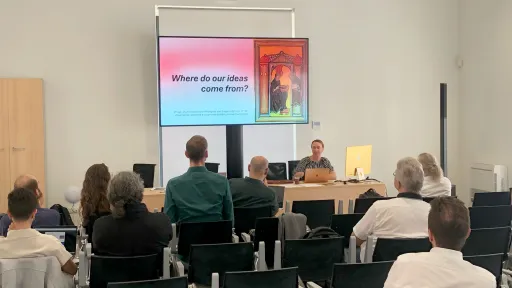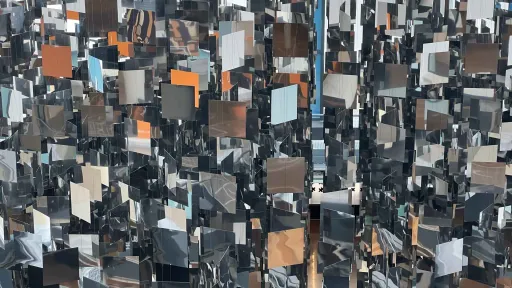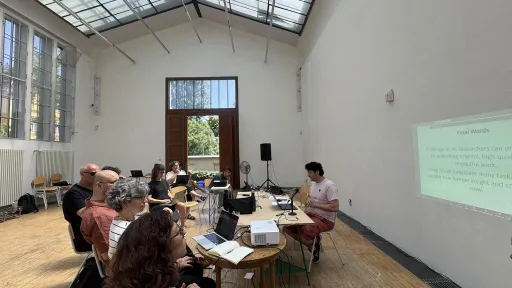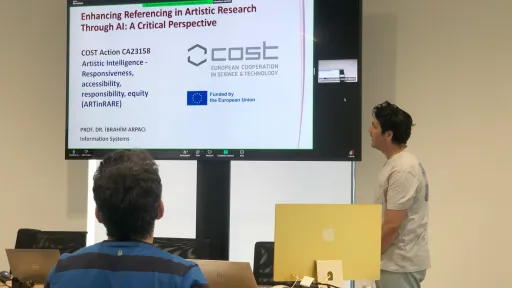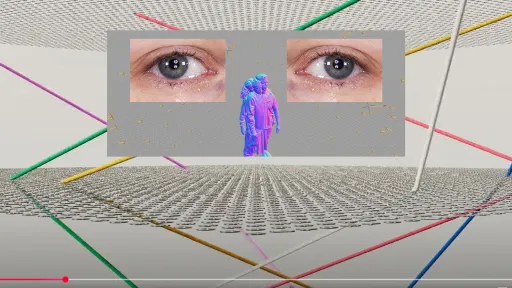
|
Artistic intelligence refers to the collective capacity of artistic and practice-based research to generate impact and value beyond the project-specific, singular outcomes of an individual project. This COST Action explores value propositions based on the data, information and knowledge that emerge from the relationships between artistic research projects, research practices, and research cultures that are usually excluded from or ignored by conventional evaluation schemes. Artistic and practice-based research is increasingly called upon to enable cross-disciplinary research to address complex societal challenges in collaborative ways. However, most of this research is currently conducted in isolation from the work of related or relevant researchers who have already addressed similar questions or come to different conclusions – let alone the potential for linkages with other forms of scientific research. As a result, even new projects tend to de-prioritise referencing, contextualising their sources and referring to a state-of-the-art that might even include results from other disciplines. On the other hand, the methods and results of research are difficult to trace and access for anyone who has not been involved in the process. The Action responds to the lack of common standards, challenging isolated, non-referenced research processes across the arts and culture. It aims to link emerging initiatives in practice-based research by exploring current technological possibilities for accessing, linking and validating them within a common framework of artistic intelligence. |
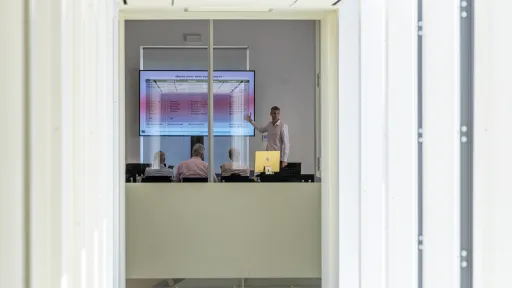
Action Details
How can I participate?
|
Specific ObjectivesTo achieve the main objective described in this MoU, the following specific objectives shall be accomplished. |
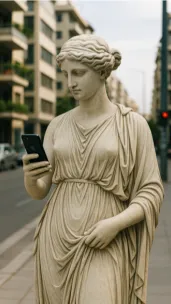
|
Research Coordination ● To iteratively apply, refine, and extend a dynamic analytical matrix for situating, articulating, and relating the principles and lessons gleaned from systematically analysing artistic research. Capacity Building ● To establish a research network dedicated to using emerging computational techniques to large-scale corpuses of artistic research in order to identify potential value propositions. Access the MoU belowDocument
memorandum.pdf
(458.53 KB)
|

